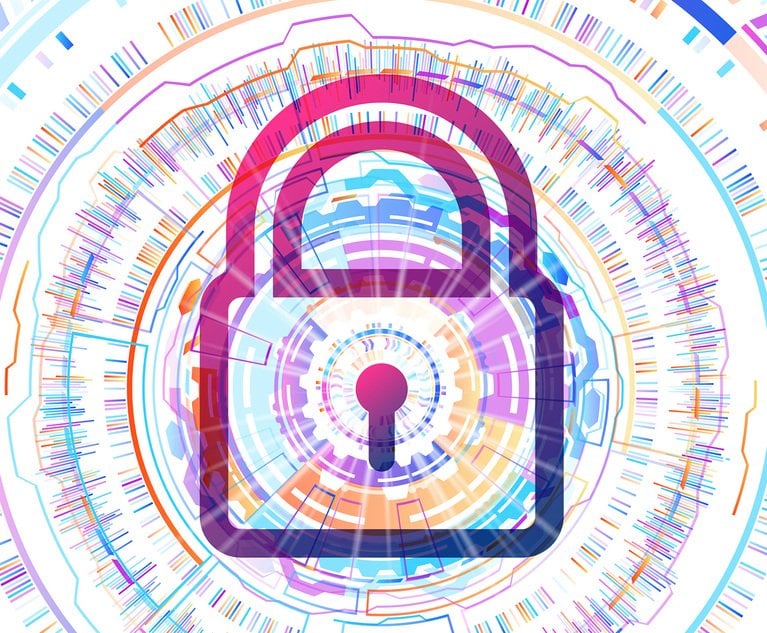A core requirement of both the GDPR and the similar California Consumer Privacy Act (CCPA) is the ability to demonstrate and prove that personal data is being protected, which requires information governance capabilities that allow companies to efficiently identify and remediate personal data of EU and California residents. For instance, the UK Information Commissioner’s Office (ICO) provides that “The GDPR places a high expectation on you to provide information in response to a SAR (Subject Access Request). Whilst it may be challenging, you should make extensive efforts to find and retrieve the requested information.”
However, recent Gartner research notes that approximately 80% of information stored by companies is “dark data” that is in the form of unstructured, distributed data that can pose significant legal and operational risks. With much of the global workforce now working remotely, this is of special concern and nearly all the company data maintained and utilized by remote employees is in the form of unstructured data (generally data on laptops, email and file servers, and social media).







